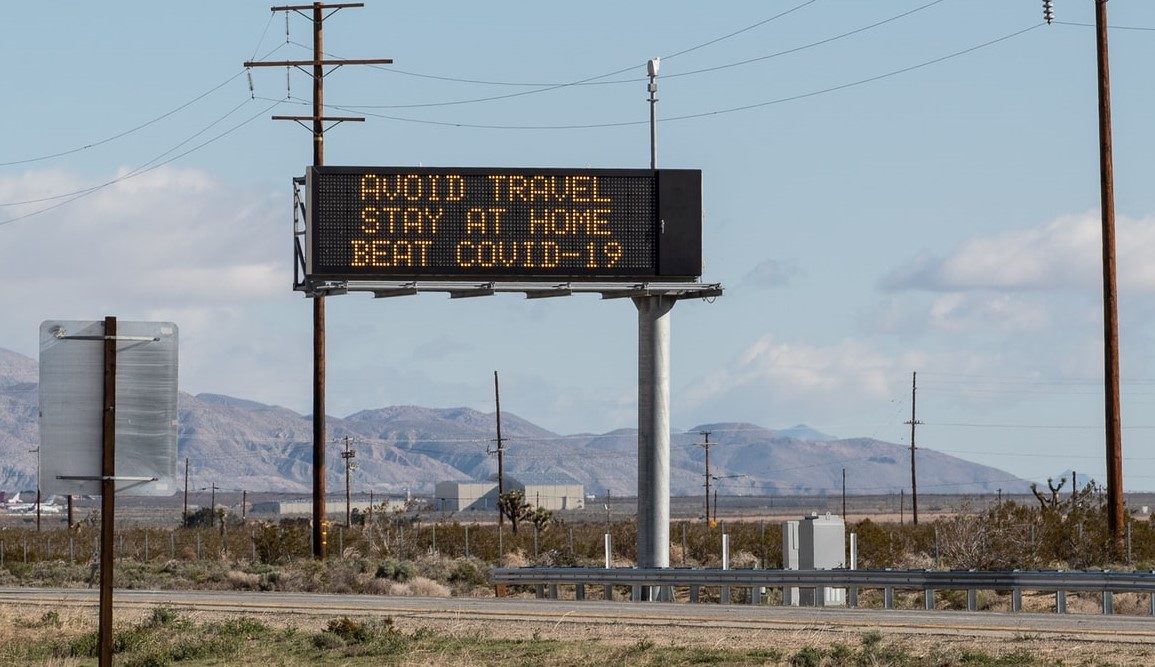Executive Order 20-08 (Stay at Home Order)
Updated 4-21 to reflect new expiration date
“Essential travel” are buzz words I am regularly seeing on social media along with confusion and questions about what that term means to Hoosiers as it relates to Governor Eric Holcomb’s Executive Order 20-08 (“Stay at Home Order”). The Stay at Home Order is not a quarantine and still allows residents to travel for work and other activities deemed essential to people’s (and pets) health and safety. This article will focus on what is “essential travel.”
What is Essential Travel?
Most people understand they can travel to grocery stores. But what about taking the dog to the vet? Getting take-out food? Getting your cooped up kids out of the house for a couple hours?
To understand what “essential travel” is, you have to break down the Stay at Home Order. First, here is the relevant section from Governor Holcomb’s Executive Order that provides the definition of “Essential Travel”:
Section 16. Essential travel
For the purpose of this Executive Order, the phrase “Essential Travel” includes travel for any of the following purposes. Individuals engaged in any Essential Travel must comply with all Social Distancing Requirements (as defined herein).
a. Any travel that is related to the provision of, or access to, Essential Activities, Essential Governmental Functions, Essential Businesses and Operations, or Minimum Basic Operations.
b. Travel to care for the elderly, minors, dependents, persons with disabilities, or other vulnerable persons.
c. Travel to or from educational institutions for purposes of receiving materials for distance learning, for receiving meals, and any other related services.
d. Travel in order to return to a place of residence from outside the jurisdiction.
e. Travel required by law enforcement or court order, including to transport children pursuant to a custody agreement.
f. Travel required for non-residents to return to their place of residence outside the State of Indiana. However, individuals are strongly encouraged to verify that their transportation out of Indiana remains available and functional prior to commencing such travel.
Indiana Executive Order 20-02, Section 16
As you can see, there are a lot of exceptions to the travel ban. Sections 16(b-f) are specific, but Section 16(a) references numerous defined terms of permitted travel and requires you to look in other sections of the Stay at Home Order to appreciate how many exceptions to the travel ban there really are. One of those defined terms is “Essential Businesses and Operations.” Essential Businesses and Operations lists what industries and companies are deemed essential for travel and is pretty well understood – healthcare and public health operations, essential governmental functions, grocery and drug stores, religious entities, media, gas stations, critical trades and professional services, funeral services, post offices, laundromats and dry cleaners, restaurants (carry-out or delivery only) to name a few.
Essential Activities is a defined term people don’t seem to realize is also very broad. For example, most people understand they can go for a walk or their kids can play in the yard. But do you know you are also perfectly fine driving your family to a park to hike? (public access playgrounds are excluded) Here is the breakdown of why driving to a park is permissible:
Section 7(c) of the Stay at Home Order declares “Outdoor Activities” an “Essential Activity.” Section 16(a) states travel is permissible for “Essential Activities.” Travel is not restricted to only walking. Therefore, you can drive to get to public parks and take part in hiking, biking, running, etc.
On April 20, 2002, Governor Holcomb extended the Stay At Home Order to 11:59 p.m. on May 1, 2020. I would encourage Hoosiers to read the entire executive order which can be found here – Stay At Home Order (Executive Order 20-08).
These materials are intended for general information purposes only. Accordingly, they do not and are not intended to constitute legal advice or legal opinion. You should consult with legal counsel to determine how laws or decisions discussed herein apply to your specific circumstances.

